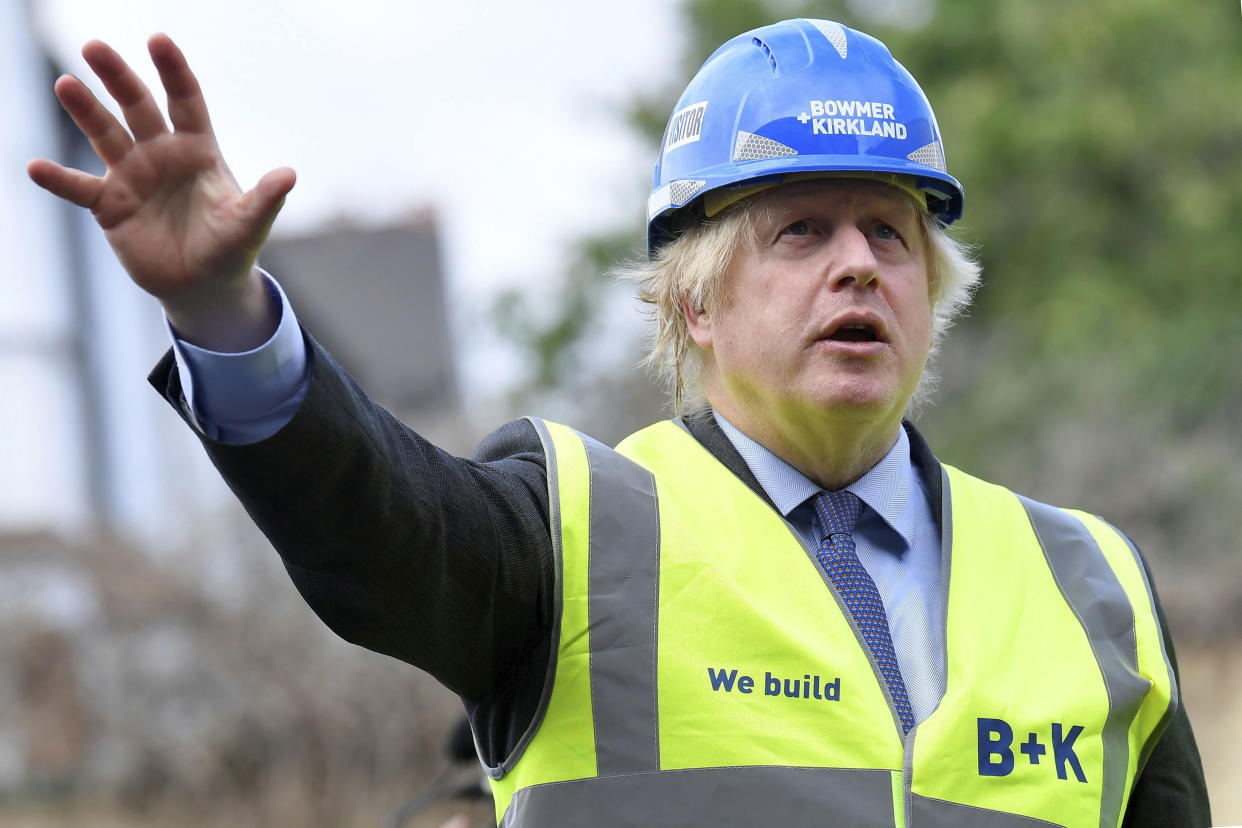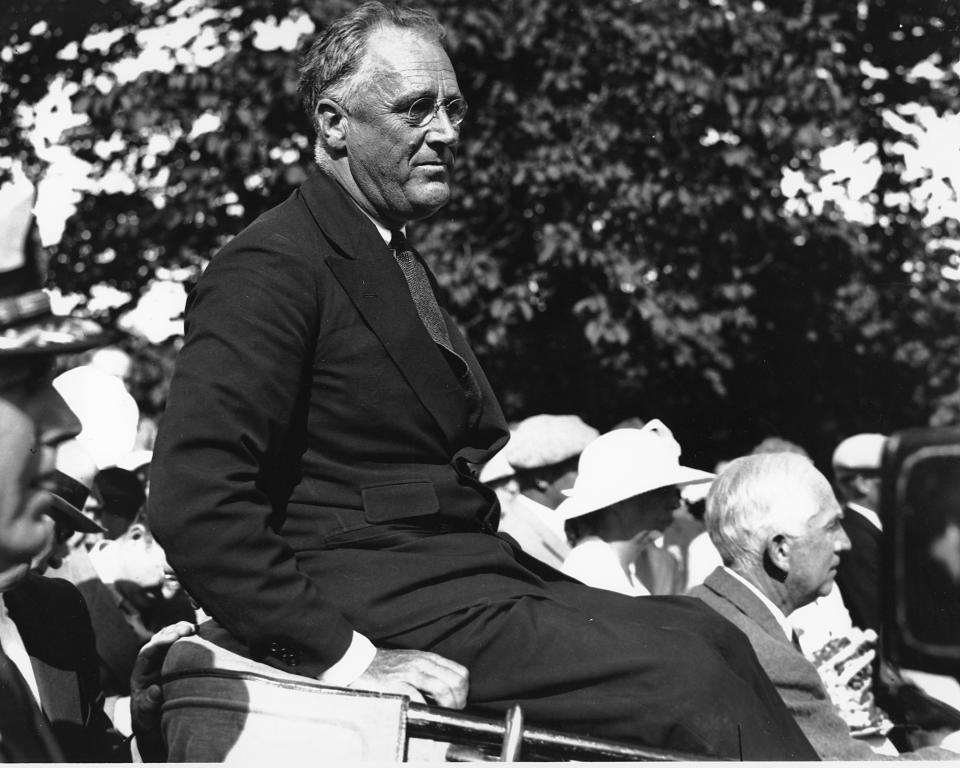Coronavirus: UK government promises £5bn 'New Deal' to kickstart recovery

The UK prime minister will on Tuesday pledge to “build back better, build back greener, [and] build back faster” as he announces details of the government’s COVID-19 economic recovery plan.
Boris Johnson is set to outline plans to bring forward £5bn ($6.1bn) worth of capital investment projects, including £1.5bn to spend on hospitals, £1bn to build new schools, £900m for “shovel-ready” local projects, and £100m for roads.
“It sounds positively Rooseveltian. It sounds like a ‘New Deal,’” Johnson is expected to say in a speech in the West Midlands on Tuesday morning.
“All I can say is that if so, then that is how it is meant to sound and to be, because that is what the times demand. A government that is powerful and determined and that puts its arms around people at a time of crisis.”
READ MORE: UK recession to be worse than France, Italy, Spain, and Germany, warns OECD
The “New Deal” was an programme of public works, economic support, and reforms enacted by US President Franklin D. Roosevelt in the 1930s to help the country recover from the Great Depression. The programme, which is estimated to have cost over $40bn (£32.5bn), was famed for funding the building of dams, schools, hospitals, and more across the United States. The spending spree also helped to end the worst recession in modern times.
Johnson will on Tuesday set out a similar ambition to fund infrastructure projects across the UK in a bid to kick-start economic growth.

“This is a government that is wholly committed not just to defeating coronavirus but to using this crisis finally to tackle this country’s great unresolved challenges of the last three decades,” the prime minister will say.
“To that end we will build build build. Build back better, build back greener, build back faster and to do that at the pace that this moment requires.”
The backdrop is a calamitous economic collapse brought about by the COVID-19 pandemic and months of lockdown. UK GDP has fallen 25% since the shutdown was first announced in late March and the UK is forecast to suffer the steepest recession out of any developed nation in the world.
Last week, the International Monetary Fund (IMF) warned that the UK economy is likely to shrink by 10.2% this year in the wake of the coronavirus. Its World Economic Outlook forecasted a 4.9% decline in global output this year, in a far steeper downturn than the Great Depression. It had previously predicted a 3% decline in April.
READ MORE: Three months on, economic damage of lockdown is clear
“If we deliver this plan together, then we will together build our way back to health,” the prime minister will say.
“We will not just bounce back, we will bounce forward – stronger and better and more united than ever before.”
Johnson is expected to set out new measures to support jobs and skills in his speech. Some 9.2 million people are currently reliant on the state for their wages under the job retention scheme.
At the weekend, Britain’s opposition party Labour warned that joblessness in the UK could be as bad as it was in the 1980s unless the government does more to assist businesses. There are already 2.8 million people unemployed in the UK and this figure could go up by another million, it warned. In 1984, unemployment in the UK peaked at 3.3 million.
More details of the prime minister’s ‘New Deal’ are likely to come next week when Chancellor Rishi Sunak delivers a full update on the health of the UK economy. A National Infrastructure Strategy will be published in the autumn.

